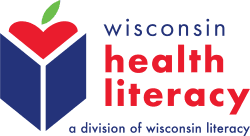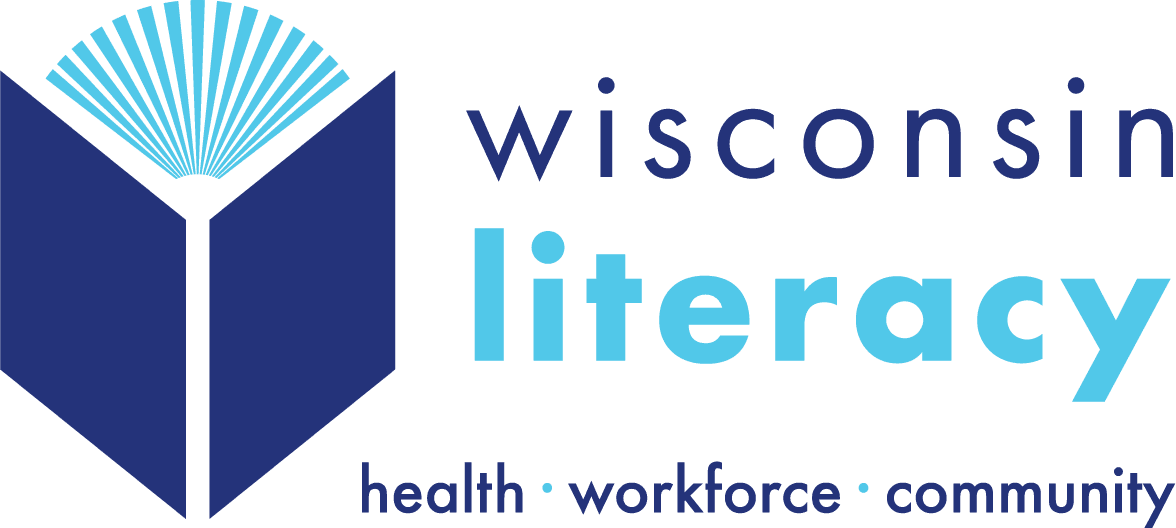Concurrent Breakout Session C (Wed., April 3, 9:30 - 10:30 a.m.)
C1: Identifying the Health Literacy Demands of Health Conditions to Inform a Programme to Build Health Literacy
Susan Reid, MA, LLB, Director, Health Literacy NZ Limited
The Institute of Medicine identified that "Health literacy is an interaction between the skills of individuals and the demands of the health system'. (Prescription to end Confusion, 2004). In New Zealand the Framework for Health Literacy specifies that the health system and healthcare organisations need to reduce health literacy demands. In New Zealand we have developed two methods for identifying health literacy demands and an additional process for identifying the specific literacy and numeracy knowledge and skills required to meet the health literacy demands. This workshop will include hands on practice for participants to inform a programme of building health literacy to meet demands.
C2: A Patient-Centered Health Literacy – Psychosocial Support Intervention to Improve Medication Adherence for Patients with Diabetes
Olayinka Shiyanbola, PhD, BPharm, Assistant Professor, Social and Administrative Sciences Division, University of Wisconsin School of Pharmacy;
Yen-Ming Huang, MS, BPharm, Dissertator, Social and Administrative Sciences Division, University of Wisconsin School of Pharmacy;
Martha Maurer, PhD, MPH, MSSW, Health Policy Research Scientist, University of Wisconsin, School of Pharmacy, Sonderegger Research Center (SRC)
This session describes a study that examined whether a patient-centered intervention that addresses health literacy AND focuses on modifiable psychosocial factors (self-efficacy, illness beliefs, and medication beliefs) would improve medication adherence among patients with diabetes. During the preparatory phase of the study, the team developed several health literate handouts for the patients. Prior to initiating the intervention, researchers administered the Newest Vital Sign tool to assess the participant’s health literacy level. Those results were shared with the clinical pharmacist to encourage tailored discussions aimed to improve patient understanding. In addition, education handouts were used to reinforce the pharmacists’ messages to their patients. This session will explore how the study team developed these materials and share any preliminary results of the study that are available.
C3: Improving Health Literacy: Ways Adult Literacy and Public Health can Work Together to Make a Difference
Jennifer A. Dillaha, MD, Medical Director for Immunizations, Medical Advisor for Health Literacy, Arkansas Department of Health;
Sarah Morris, BS, Internal Communications and Health Literacy Coordinator, Office of Health Communications,
Arkansas Department of Health
This session will discuss the ways in which professionals in adult literacy and public health can work together to make a difference. This session will offer guidance on how public health agencies are organized on the state, county and local levels so that literacy professionals will know how they can identify and contact public health programs of interest. In addition, the speakers will provide examples of public health programs that are especially designed to serve people with low literacy. They will also offer suggestions on how literacy programs can assist public health departments in achieving their goals of serving at-risk populations and provide an opportunity for members of the audience to share their experiences in cross-collaborating between public health and adult literacy.
C4: Digital Literacy: A Crucial Component in Health Literacy
JennaRose Dahl, BA, Graduate Certificate in Teaching Adult ESL, Digital Literacy and Distance Learning Instructor, Minnesota Literacy Council
This workshop will provide an overview of the Northstar Digital Literacy Project, which includes a series of online, self-guided modules to assess the ability of adults to perform basic skills needed to use a computer and the internet in daily life, employment, and higher education. Modules include basic computer skills, internet, and information literacy. Participants will learn how these assessment modules, and related curricula resources, can be used to help build individual and community capacity to improve health outcomes. The session will conclude with a participatory discussion of key skills which may be included in a proposed Northstar module directly focused on increasing digital literacy in a healthcare context.
C5: The Florida Health Literacy Initiative: Helping English Language Learners to Make Healthy Choices
Greg Smith, MS, Executive Director, Florida Literacy Coalition;
Heather Hepler Surrency, MPH, Health and Financial Literacy Coordinator, Florida Literacy Coalition
This session will focus on health literacy successes, challenges and lessons learned of the Florida Health Literacy Initiative, an award-winning program that has served almost 18,000 students in partnership with dozens of local adult education providers throughout the Sunshine State. The Initiative’s goal is to combine English for Speakers of Other Languages (ESOL) and literacy instruction with contextualized health-education to help students make informed choices about their health and nutrition. This session will include: 1) a brief introduction to the freely available Staying Healthy curriculum, consisting of five evidence-based publications focused on providing a plain language approach to health education; 2) a review of the Initiative’s multi-year grant program, sponsored by the Florida Blue Foundation, and the broad range of state and community partnerships which have resulted; and 3) the health behavior and knowledge outcomes achieved by the program’s participating students.

